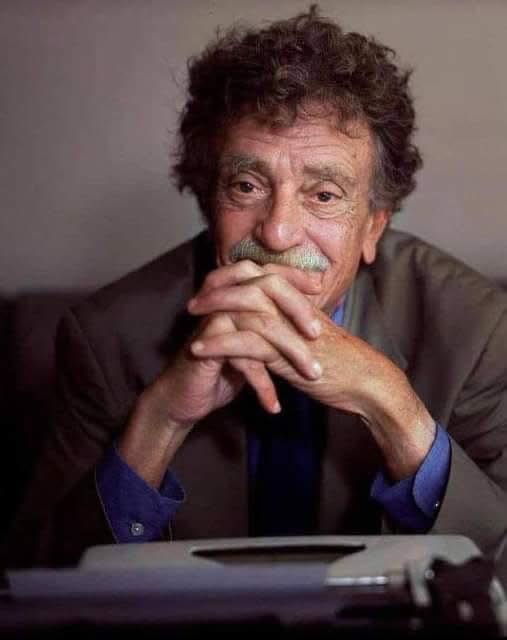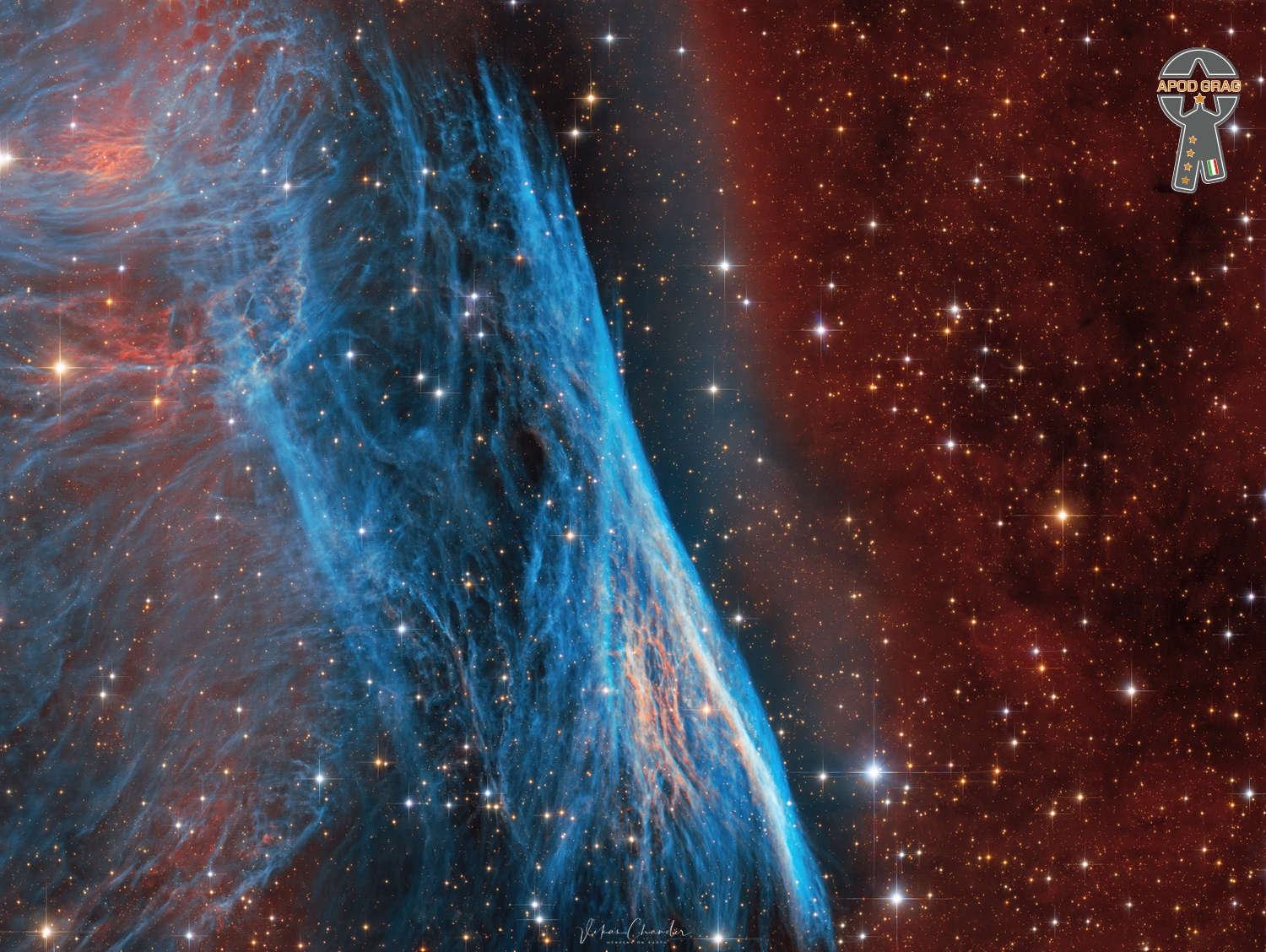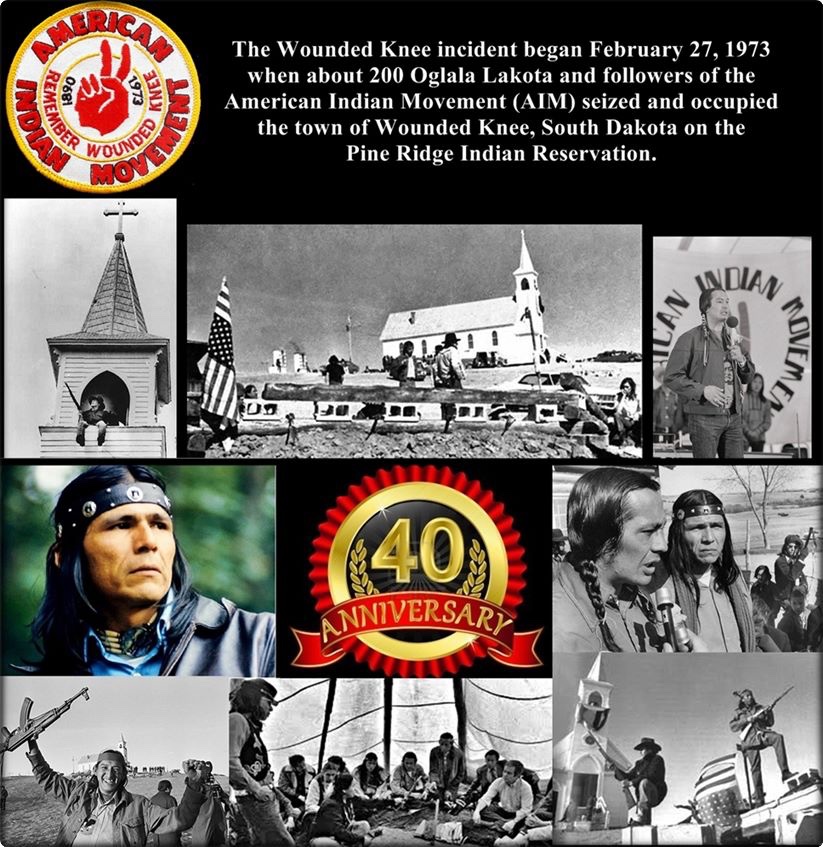Blog
The Hubble Ultra-Deep Field (HUDF) is a deep-field image of a small region of space in the constellation Fornax, containing an estimated 10,000 galaxies. The original data for the image was collected by the Hubble Space Telescopefrom September 2003 to January 2004 and the first version of the image was released on March 9, 2004. It includes light from galaxies that existed about 13 billion years ago, some 400 to 800 million years after the Big Bang.

William Rory Gallagher (2 March 1948 – 14 June 1995) was an Irish musician, singer, and songwriter. He is known for his virtuosic style of guitar playing and live performances, and has sometimes been referred to as “the greatest guitarist you’ve never heard of”.
Gallagher gained international recognition in the late 1960s as the frontman and lead guitarist of the blues rock power trioTaste. Following the band’s break-up in 1970, he launched a solo career and was voted Guitarist of the Year by Melody Maker magazine in 1972. Throughout his career, Gallagher performed over 2,000 concerts worldwide, including many in Northern Ireland during the Troubles. He had global record sales exceeding 30 million.
In the 1980s, Gallagher’s health gradually declined, resulting in a liver transplant in March 1995 at King’s College Hospitalin London. Following the operation, he contracted a staphylococcal infection (MRSA) and died three months later at the age of 47.
A number of guitarists in the world of rock and blues cite Gallagher as an influence, including Alex Lifeson (Rush), Brian May (Queen), Johnny Marr (The Smiths), Glenn Tipton(Judas Priest) Robert Smith (The Cure), The Edge (U2), Slash(Guns N’ Roses), Jake Burns (Stiff Little Fingers), Janick Gers(Iron Maiden), James Dean Bradfield (Manic Street Preachers), Vivian Campbell (Def Leppard), Gary Moore and Joe Bonamassa.[12][13][14][15]
In 2013, he was posthumously honoured with the Tommy Vance Inspiration award at the Classic Rock Roll of Honour Awards, while in 2025, he received the ‘in memoriam’ Cork Person of the Year award. He is also commemorated with statues in Ballyshannon and Belfast and a memorial sculpture in Cork.
more...Desiderio Alberto Arnaz y de Acha III (March 2, 1917 – December 2, 1986), known as Desi Arnaz, was a Cuban-American actor, musician, producer, and bandleader. He played Ricky Ricardo on the American television sitcom I Love Lucy, in which he co-starred with his wife Lucille Ball. Arnaz and Ball are credited as the innovators of the syndicatedrerun, which they pioneered with the I Love Lucy series.
Arnaz and Lucille Ball co-founded and ran the television production company Desilu Productions, originally to market I Love Lucy to television networks. After I Love Lucy ended, Arnaz went on to produce several other television series, at first with Desilu Productions, and later independently, including The Ann Sothern Show and The Untouchables. He was also the bandleader of his Latin group, the Desi Arnaz Orchestra. He was known for playing conga drums and popularized the conga line in the United States.
more...Theodore Dudley “Red” Saunders (March 2, 1912 – March 5, 1981 Memphis, TN) was an American jazz drummer and bandleader. He also played vibraphone and timpani.
more...Lewis Allan Reed (March 2, 1942 – October 27, 2013) was an American musician and songwriter. He was the guitarist, singer, and principal songwriter for the rock band The Velvet Underground and had a solo career that spanned five decades. Although not commercially successful during its existence, the Velvet Underground came to be regarded as one of the most influential bands in the history of undergroundand alternative rock music. Reed’s distinctive deadpan voice, poetic and transgressive lyrics, and experimental guitar playing were trademarks throughout his long career.
Having played guitar and sung in doo-wop groups in high school, Reed studied poetry at Syracuse University under Delmore Schwartz, and served as a radio DJ, hosting a late-night avant-garde music program while at college. After graduating from Syracuse, he went to work for Pickwick Records in New York City, a low-budget record company that specialized in sound-alike recordings, as a songwriter and session musician. A fellow session player at Pickwick was John Cale; together with Sterling Morrison and Angus MacLise, they would form the Velvet Underground in 1965. After building a reputation on the avant garde music scene, they gained the attention of Andy Warhol, who became the band’s manager; they in turn became something of a fixture at The Factory, Warhol’s art studio, and served as his “house band” for various projects. The band released their first album, now with drummer Moe Tucker and featuring German singer Nico, in 1967, and parted ways with Warhol shortly thereafter. Following several lineup changes and three more little-heard albums, Reed quit the band in 1970.
After leaving the band, Reed would go on to a much more commercially successful solo career, releasing twenty solo studio albums. His second, Transformer (1972), was produced by David Bowie and arranged by Mick Ronson, and brought him mainstream recognition. The album is considered an influential landmark of the glam rock genre, anchored by Reed’s most successful single, “Walk on the Wild Side“. After Transformer, the less commercial but critically acclaimed Berlin peaked at No. 7 on the UK Albums Chart. Rock ‘n’ Roll Animal (a live album released in 1974) sold strongly, and Sally Can’t Dance (1974) peaked at No. 10 on the Billboard 200; but for a long period after, Reed’s work did not translate into sales, leading him deeper into drug addiction and alcoholism. Reed cleaned up in the early 1980s, and gradually returned to prominence with The Blue Mask (1982) and New Sensations (1984), reaching a critical and commercial career peak with his 1989 album New York.
Reed participated in the re-formation of the Velvet Underground in the 1990s, and he made several more albums, including a collaboration album with John Cale titled Songs for Drella, which was a tribute to their former mentor Andy Warhol. Magic and Loss (1992) would become Reed’s highest-charting album on the UK Albums Chart, peaking at No. 6.
He contributed music to two theatrical interpretations of 19th-century writers, one of which he developed into an album titled The Raven. He married his third wife Laurie Anderson in 2008, and recorded the collaboration album Lulu with Metallica. He died in 2013 of liver disease. Reed has been inducted into the Rock and Roll Hall of Fame twice: as a member of the Velvet Underground in 1996 and as a solo act in 2015.
more...Larry Eugene Carlton (born March 2, 1948 Torrance, CA) is an American guitarist who built his career as a studio musician in the 1970s and 1980s for acts including Steely Dan and Joni Mitchell. One of the most sought after guitarists of his era, Carlton has participated in thousands of recording sessions, recorded on hundreds of albums in many genres including more than 100 gold records, in addition to music for television and movies. He has been a member of the jazz fusion group the Crusaders and the smooth jazz band Fourplay maintaining a long solo career.
more...Edward F. Davis (March 2, 1922 – November 3, 1986),known professionally as Eddie “Lockjaw” Davis, was an American jazz tenor saxophonist. It is unclear how he acquired the moniker “Lockjaw” (later shortened to “Jaws”): it is either said that it came from the title of a tune or from his way of biting hard on the saxophone mouthpiece. Other theories have been put forward.
more...
NGC 2736 (also known as the Pencil Nebula) is a small part of the Vela Supernova Remnant, located near the Vela Pulsarin the constellation Vela. The nebula’s linear appearance triggered its popular name. It resides about 815 light-years (250 parsecs) away from the Solar System. It is thought to be formed from part of the shock wave of the larger Vela Supernova Remnant. The Pencil Nebula is moving at roughly 644,000 kilometers per hour (400,000 miles per hour).

Frédéric François Chopin (born Fryderyk Franciszek Chopin; 1 March 1810 – 17 October 1849) was a Polish composer and virtuoso pianist of the Romantic period, who wrote primarily for solo piano. He has maintained worldwide renown as a leading composer of his era, one whose “poetic genius was based on a professional technique that was without equal in his generation”.
Chopin was born in Żelazowa Wola and grew up in Warsaw, which in 1815 became part of Congress Poland. A child prodigy, he completed his musical education and composed his earlier works in Warsaw before leaving Poland at the age of 20, less than a month before the outbreak of the November 1830 Uprising. At 21, he settled in Paris. Thereafter he gave only 30 public performances, preferring the more intimate atmosphere of the salon. He supported himself by selling his compositions and by giving piano lessons, for which he was in high demand. Chopin formed a friendship with Franz Liszt and was admired by many of his musical contemporaries, including Robert Schumann. After a failed engagement to Maria Wodzińska from 1836 to 1837, he maintained an often troubled relationship with the French writer Aurore Dupin (known by her pen name George Sand). A brief and unhappy visit to Mallorca with Sand in 1838–39 would prove one of his most productive periods of composition. In his final years, he was supported financially by his admirer Jane Stirling. For most of his life, Chopin was in poor health. He died in Paris in 1849 at the age of 39.
All of Chopin’s compositions feature the piano. Most are for solo piano, though he also wrote two piano concertos, some chamber music, and 19 songs set to Polish lyrics. His piano pieces are technically demanding and expanded the limits of the instrument; his own performances were noted for their nuance and sensitivity. Chopin’s major piano works include mazurkas, waltzes, nocturnes, polonaises, the instrumental ballade (which Chopin created as an instrumental genre), études, impromptus, scherzi, preludes, and sonatas, some published only posthumously. Among the influences on his style of composition were Polish folk music, the classical tradition of Mozart and Schubert, and the atmosphere of the Paris salons, of which he was a frequent guest. His innovations in style, harmony, and musical form, and his association of music with nationalism, were influential throughout and after the late Romantic period.
Chopin’s music, his status as one of music’s earliest celebrities, his indirect association with political insurrection, his high-profile love life, and his early death have made him a leading symbol of the Romantic era. His works remain popular, and he has been the subject of numerous films and biographies of varying historical fidelity. Among his many memorials is the Fryderyk Chopin Institute, which was created by the Parliament of Poland to research and promote his life and works. It hosts the International Chopin Piano Competition, a prestigious competition devoted entirely to his works.
more...Winston Rodney OD (born 1 March 1945), better known by the stage name Burning Spear, is a Jamaican roots reggaesinger-songwriter, vocalist, and musician. Burning Spear is a Rastafarian and one of the most influential and long-standing roots artists to emerge from the 1970s.
more...Harry Belafonte (born Harold George Bellanfanti Jr.; March 1, 1927 – April 25, 2023 Harlem) was an American singer, actor, and civil rights activist who popularized calypso music with international audiences in the 1950s and 1960s. Belafonte’s career breakthrough album Calypso (1956) was the first million-selling LP by a single artist.
Belafonte was best known for his recordings of “Day-O (The Banana Boat Song)“, “Jump in the Line (Shake, Senora)“, “Jamaica Farewell“, and “Mary’s Boy Child“. He recorded and performed in many genres, including blues, folk, gospel, show tunes, and American standards. He also starred in films such as Carmen Jones (1954), Island in the Sun (1957), Odds Against Tomorrow (1959), Buck and the Preacher (1972), and Uptown Saturday Night (1974). He made his final feature film appearance in Spike Lee‘s BlacKkKlansman (2018).
Belafonte considered the actor, singer, and activist Paul Robeson to be a mentor. Belafonte was also a close confidant of Martin Luther King Jr. during the civil rights movement of the 1950s and 1960s and acted as the American Civil Liberties Union celebrity ambassador for juvenile justiceissues. He was also a vocal critic of the policies of the George W. Bush and Donald Trump administrations.
Belafonte won three Grammy Awards, including a Grammy Lifetime Achievement Award, an Emmy Award,[4] and a Tony Award. In 1989, he received the Kennedy Center Honors. He was awarded the National Medal of Arts in 1994. In 2014, he received the Jean Hersholt Humanitarian Award at the academy’s 6th Annual Governors Awards and in 2022 was inducted into the Rock and Roll Hall of Fame in the Early Influence category. He is one of the few performers to have received an Emmy, Grammy, Oscar, and Tony (EGOT), although he won the Oscar in a non-competitive category.
more...Ralph Towner (born March 1, 1940 Chehalis, WA) is an American multi-instrumentalist, composer, arranger and bandleader. He plays the twelve-string guitar, classical guitar, piano, synthesizer, percussion, trumpet and French horn.
more...
More Posts
- World Music Zakir Hussian | John Mclaughlin | Ganesh Rajagopalan | Selva Ganesh
- Daily Roots Barry Brown & Stama Rank
- Cosmos M88
- Michel Petrucciani
- Lonnie Liston Smith
- Ed Thigpen
- Earl Hines
- World Music Afro-Uruguayan Candombe Music
- Daily Roots Bob Marley
- Cosmos NGC 6164
- Terry Bozzio
- Tracy Nelson
- T.S. Monk
- Walter Norris
- World Music Staff Benda Bilili
- Daily Roots King Tubby & The Soul Syndicate
- Cosmos ESO 415-19
- John Scofield
- George Winston
- Steve Allen
